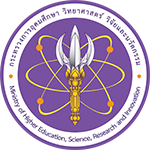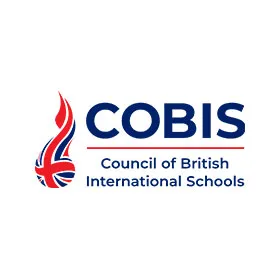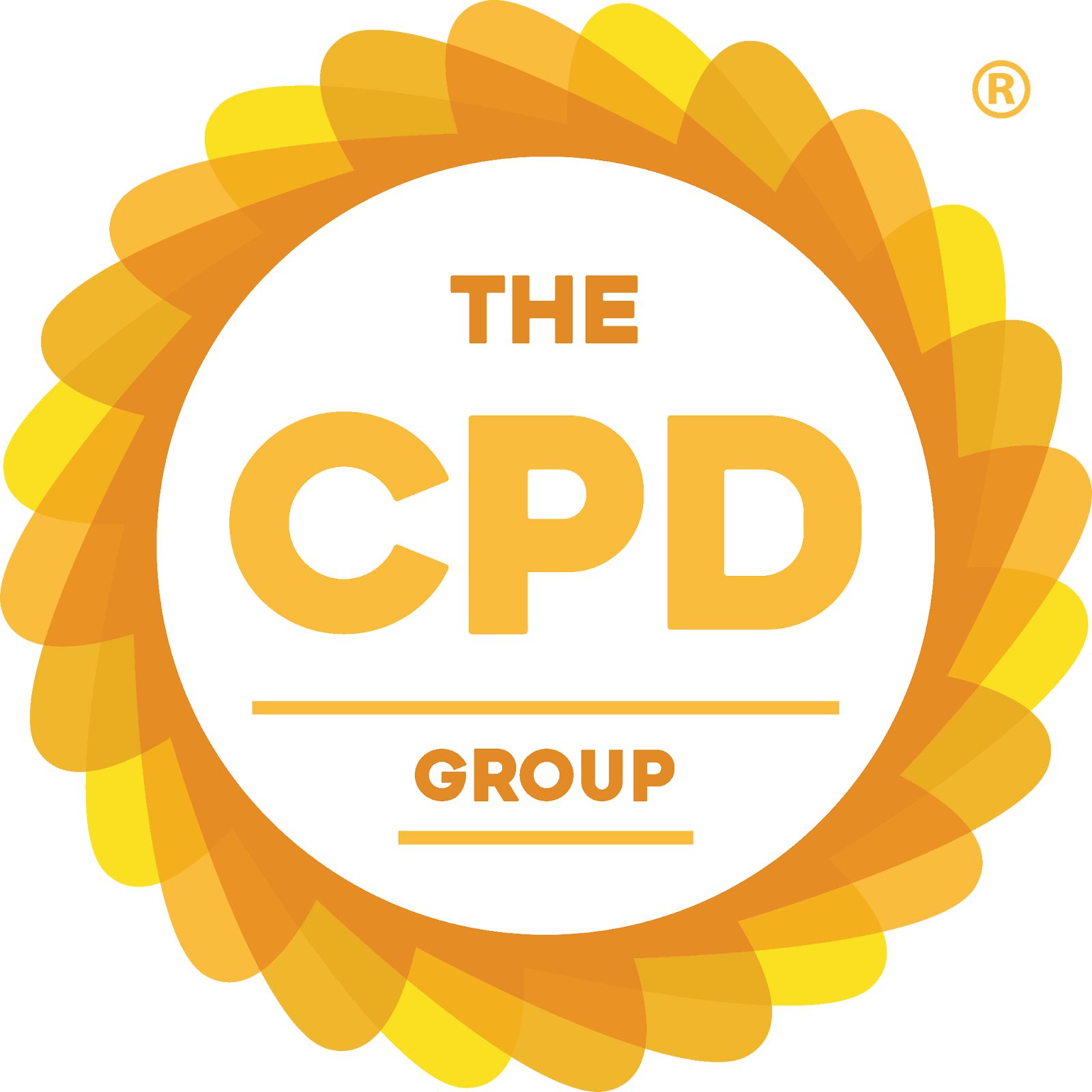The edtech index
Do you know a MOOC from a VLE? And what about Blockchain and AI? Our index explains these key edtech terms

Tuesday 27th February 2018
#artificial-intelligence-ai #big-data #blockchain #data-literacy #edtech #mooc #smart-campus #virtual-reality-vr #vle #vod
SHARE 

1. VLE
A virtual learning environment (VLE) is an online system that allows teachers to share educational materials with their students via the web. D2L, a global learning technology leader, announced in August 2017 that the University of Derby had selected the Brightspace VLE to deliver a suite of new online professional development courses. Brightspace is cloud-based, runs on mobile devices and offers rich multimedia to increase engagement, productivity and knowledge retention. The platform makes it easy to design courses, create content and grade assignments. At the same time, analytics reports track and deliver insights into the performance levels of departments, courses or individuals.
2. MOOC
A massive open online course (MOOC) is a course of study made available over the internet, free of charge, to a very large number of people. Hundreds of MOOCs are accessible on FutureLearn, a UK-based social learning platform owned by the Open University. In May 2017 the University of Leeds became the first Russell Group University to offer MOOCs, which allow learners to earn credits which will count towards a final degree. A huge variety of courses are available including bookkeeping, screenwriting, and health and wellbeing in the ancient world.
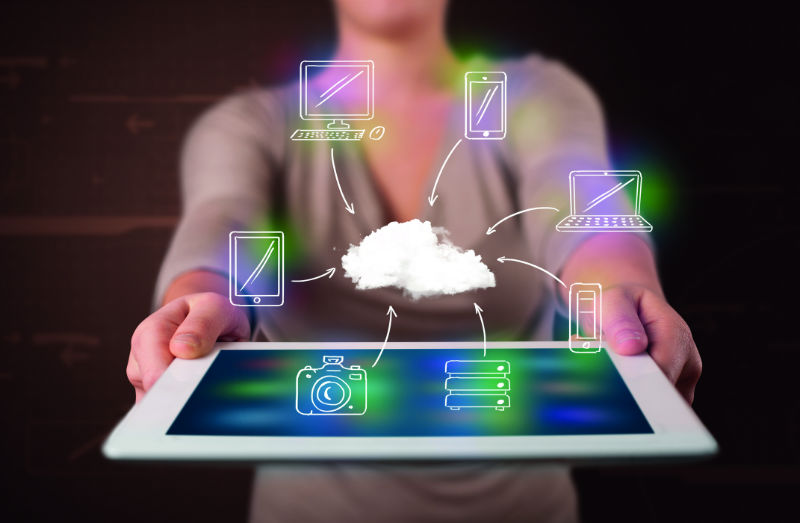
3. BYOD
Bring your own device (BYOD) is the practice of allowing students and staff to use their own computers, smartphones, or other devices for work purposes on campus. The University of Edinburgh has adopted a BYOD policy for all staff and students to ensure they understand their responsibilities for making it as secure as possible.
4. Blockchain
A blockchain is a shared online database or digital ledger, which is constantly updated in real time. The data in the ledger is arranged in batches known as blocks, with each block storing data about a specific transaction. There is no centralised version of this data, and although it can be distributed through the blockchain’s network of computers, it cannot be copied. The data is therefore not stored in any one place, and is always public and verifiable. The data is therefore incorruptible, which is why blockchain is so popular in the worlds of business and finance; most famously being used for the cryptocurrency bitcoin.
Blockchain technology could be useful for universities in providing a secure and verifiable log of transcripts, to allow students and their prospective employers to access their credentials without having to wait for a transcript to be produced, which often also involves a fee. Blockchain technology could also be useful for matters of student finance; for example student grants being linked to their grades or another measure of success. The real-time updates of a blockchain ledger would mean that records would not have to be manually updated, therefore reducing errors, and ensuring that benchmarks for the grant were being met.
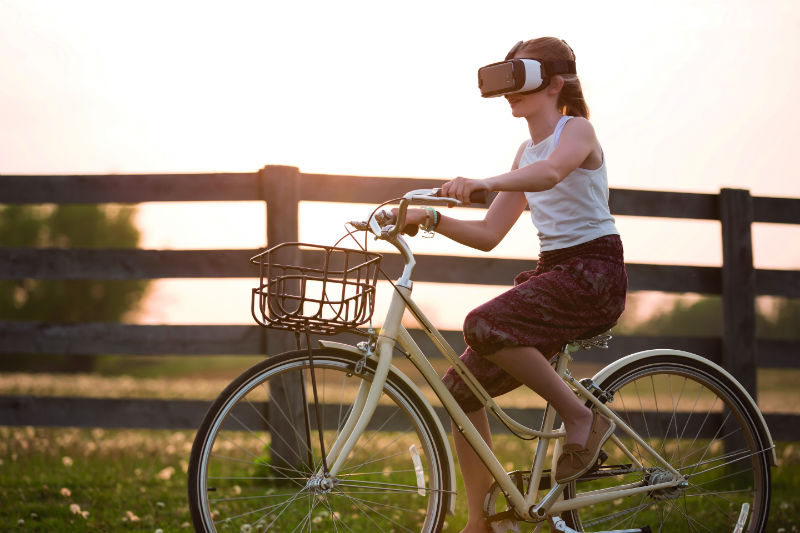
5. AI
Artificial intelligence (AI) is a branch of computer science dealing with the simulation of intelligent behaviour in computers. For example, complex mathematical computations, or searching available data in order to be able to answer a question posed by a human. AI is named as it exists in contrast to human, or natural intelligence (NI). One of the most prominent benefits of AI in education is the ability to create personalised learning models, allowing each individual student to access material in a way that suits them, and at their own pace. The Technical University of Berlin has also been developing chat bots and intelligent agents which could form a front line for dealing with more routine academic tasks. This could involve answering questions from students and helping them to plan their course of studies.
6.VR
Virtual reality (VR) is the computer-generated simulation of a three-dimensional image or environment that can be interacted with in a seemingly real or physical way by a person using special electronic equipment, such as a helmet with a screen inside or gloves fitted with sensors. The University of Westminster has already implemented a virtual space for criminal law students. By using VR, students search for clues to create and build a solid murder case. Instead of simply reading through witness statements they can walk around the crime scene and ascertain, for example, whether a witness would have actually been able to see the crime.

7. Data Literacy
Data literacy is the ability to derive meaningful information from data, just as literacy in general is the ability to derive information from the written word. The complexity of data analysis, especially in the context of big data, means that data literacy requires some knowledge of mathematics and statistics. Oliver Brown of the Qlik Academic Programme suggests that more and more businesses are needing to recruit staff who are data literate, with the ‘ability to read, work, analyse and argue with data’. The research they have conducted shows that only 18% of UK graduates are classified as data literate. Some univeristies, including Kingston and Exeter, are now incorporating data analysis into their MBAs (Masters of Business Administration) with the hope that this will build their overall understanding of how companies work.
8. VoD
Video on demand (VoD) is an interactive TV technology that allows subscribers to view programming in real time or download programmes and view them later. A VoD system at the consumer level can consist of a standard TV receiver along with a set-top box. The City of Glasgow College recently installed a flexible and scalable IP video system providing a range of high-quality live TV and on-demand video content across its growing campuses. Lecture material, training sessions, seminar notes laboratory data and other key educational assets can be made available to lecturers and students to access when they choose, regardless of location and device. The College’s information systems development manager, Jonny Murray, said: “We are already looking at the future, and how IP video technology can be used to enhance the student experience and help us engage with new audiences.”

9. Smart Campus
The Smart Campus is the name for a university or college campus which employs the use of technology to actively learn from and adapt to the needs of its people and place, allowing for a learning environment that reacts to the requirements of students and staff. For example, Catapult Future Cities has been working with the University of Glasgow on a renovation of their campus and the way the univeristy engages with its academic community. Changes include digital analysis of a student’s course load to figure out the most efficient timetable for their classes, and a sensor system within the University library that reports on environmental occupancy, meaning data can be collected on which parts of the library are most used.
10. Big Data
Big Data is the term used for collecting and analysing large quantities of data in order to improve or better understand various processes. This data could be as complicated as fluctuations in a stock market, or as simple as logging the number of persons who use a particular service. Big Data technology is part of an emergent suite of technologies which can store and process large volumes of different types of data at faster speeds and cheaper costs than ever before. This data can then be analysed to reveal patterns, trends, and associations, especially relating to human behaviour and interactions.
Universities could benefit hugely from Big Data technology because of the sheer amount of data that they collect, and the complexity of much of this data. Big Data has the potential to provide specific and useful insights into various areas of university life, including the behaviours of very successful students as opposed to those who are likely to drop out, keeping track of which resources are most frequently used and by which demographic, and providing feedback that can help keep students on track.
We are proud to have University Business on board as a media partner.
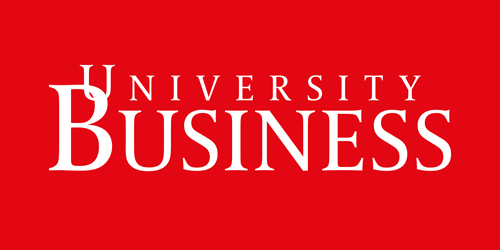
.png?ext=.png)

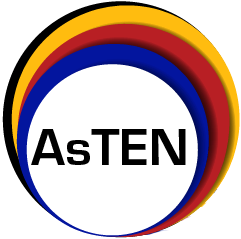
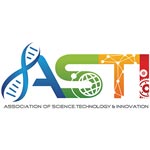
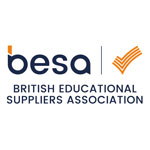
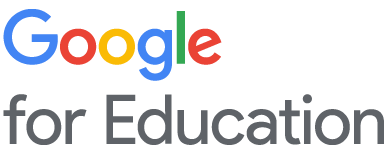

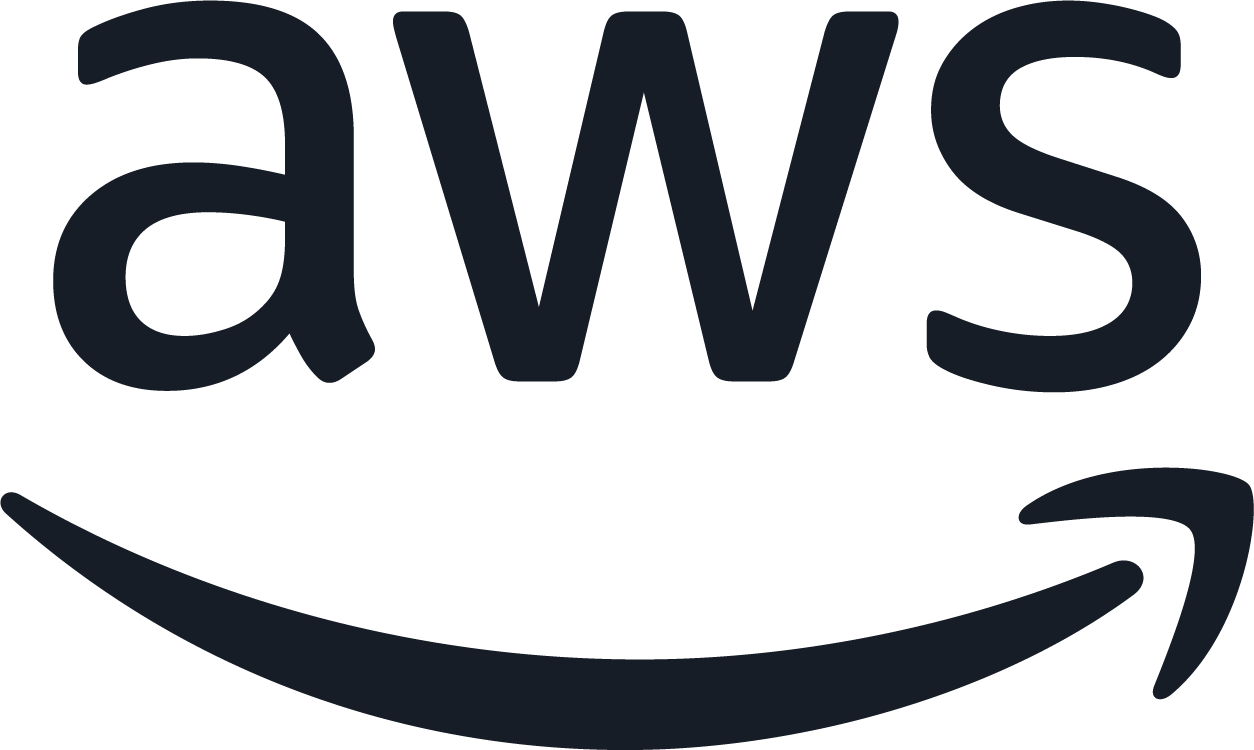
.png?ext=.png)
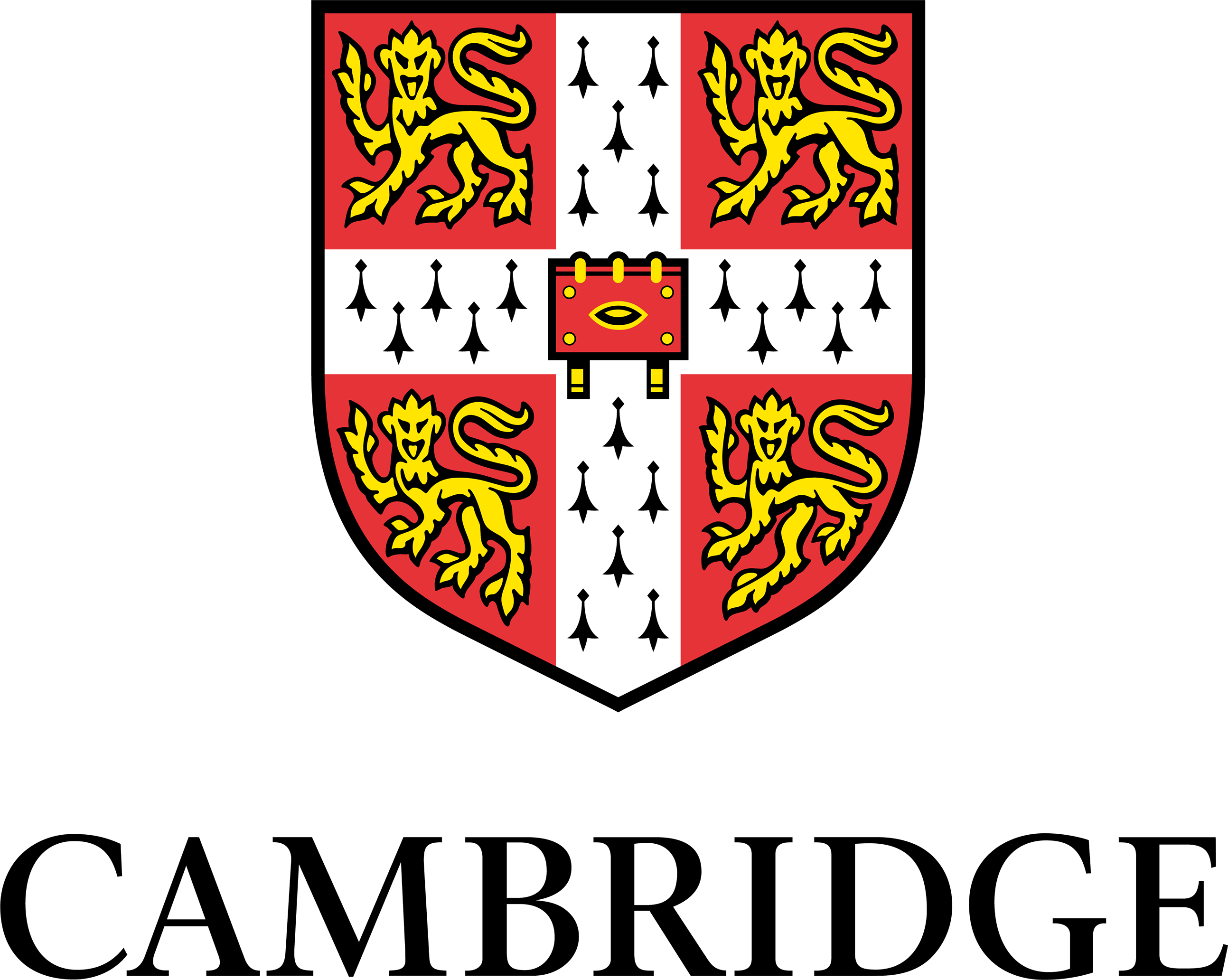

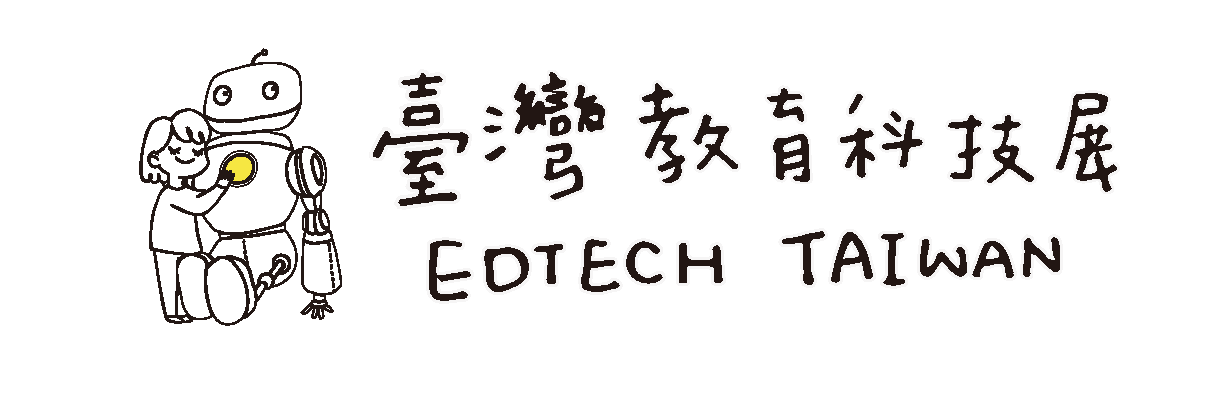
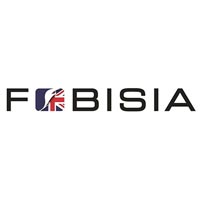
.png?ext=.png)
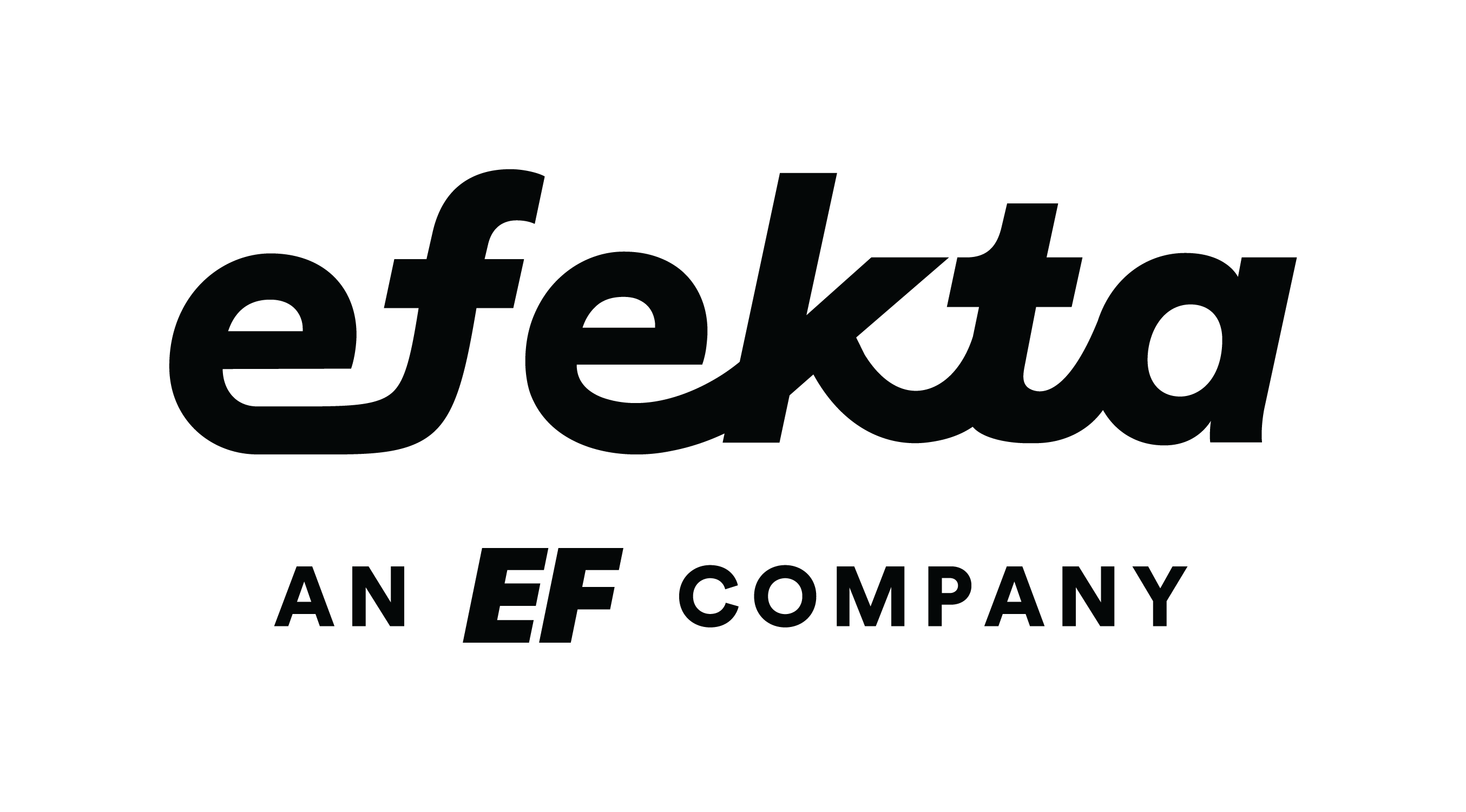
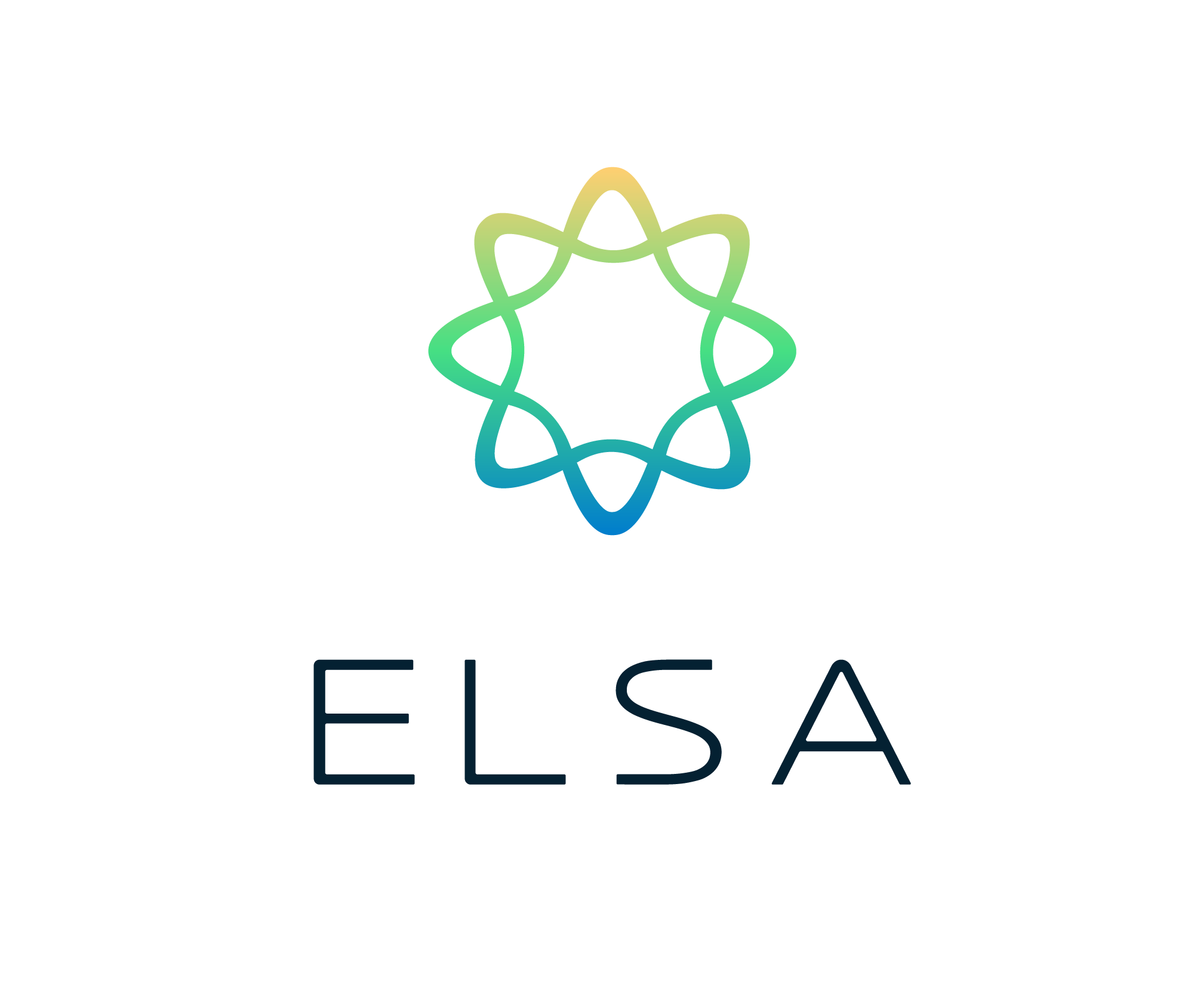
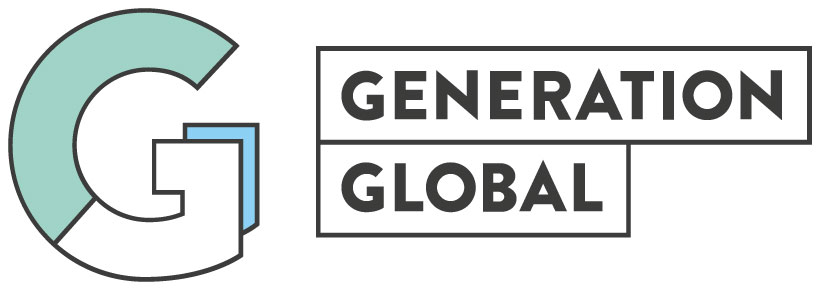
.png?ext=.png)
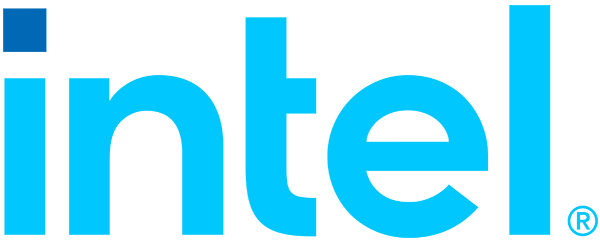

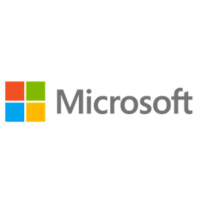
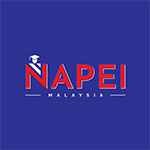

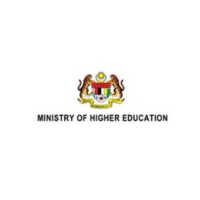

.png?ext=.png)
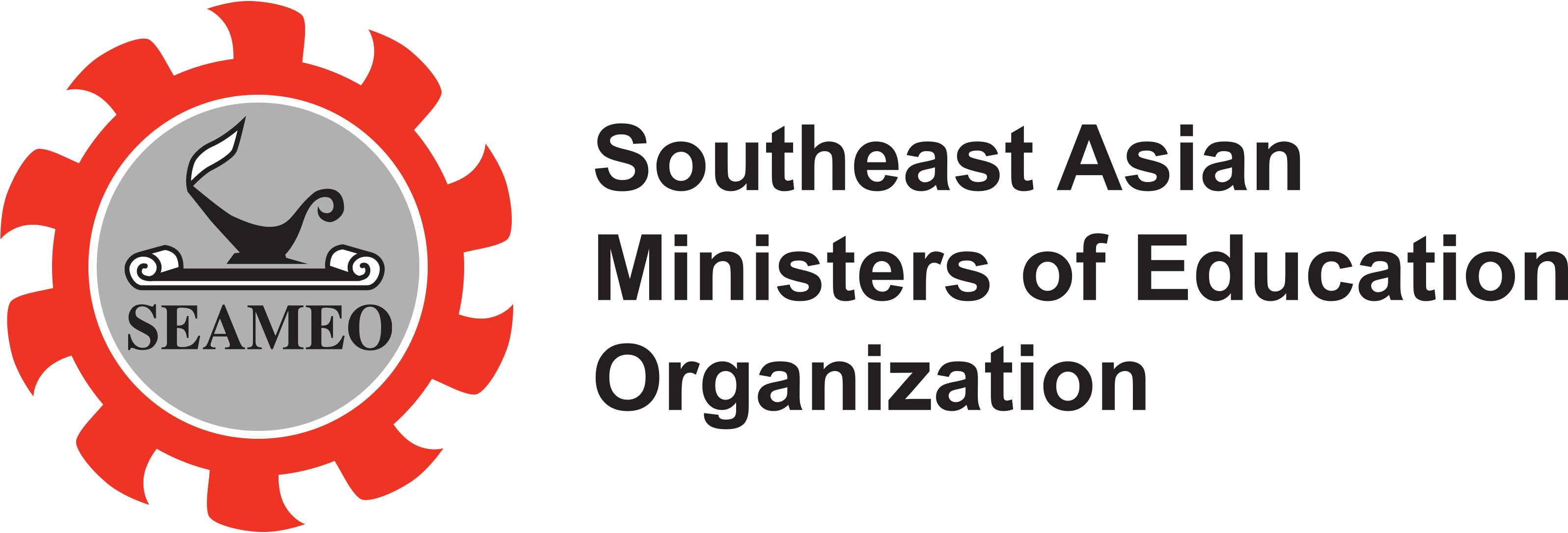
.png?ext=.png)

.png?ext=.png)

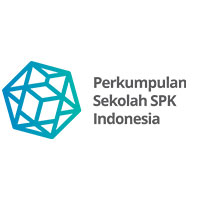

-4000px-(2).png?ext=.png)
